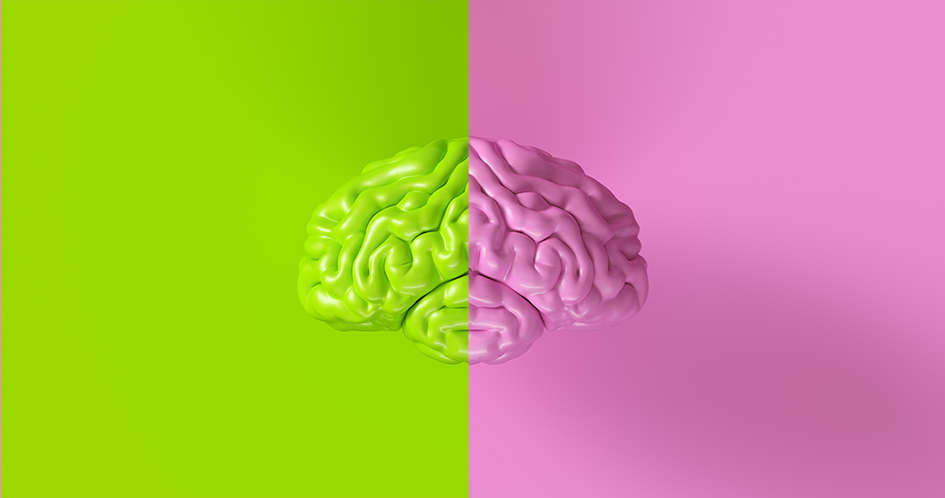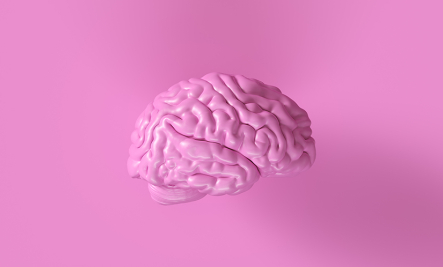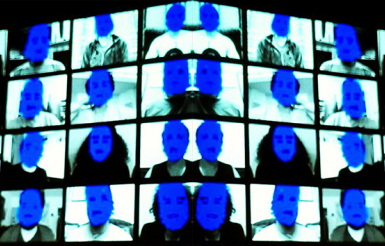Neurotechnologies, from the realm of possibilities to regulatory projects
Rédigé par Régis Chatellier
-
03 October 2025The last frontier of privacy, the brain and nervous system are a testing ground for the collection and processing of a particular type of data, neurodata, for uses that go far beyond the field of health. The use of this data raises new ethical and legal issues and sparks debate on how to approach it.

In recent years, attention has focused on a particular type of data produced in the field of neurotechnology: neurodata, or neural data, collected from the brain or nervous system.
These new forms of data collection raise new questions. Initially confined to the medical sector—neurotechnologies have been used for several decades to treat certain pathologies—the use of neurodata has spread to a wide variety of private sector and commercial activities, including leisure, marketing, the workplace, education, and more. This development is taking place in a context where the brain is seen as the last frontier of privacy, posing new challenges for the application of fundamental human rights.
Work has been carried out by international institutions such as the Organization for Economic Cooperation and Development (OECD), the Council of Europe, the United Nations (UN) and the UNESCO, as well as by data protection authorities in Europe, the Information Commissioner's Office (ICO) in the United Kingdom in 2023, the European Data Protection Supervisor (EDPS) with the Spanish Data Protection Agency (AEPD) in 2024, the Berlin Group (International Working Group on Data Protection in Technology) in 2025, which brings together data protection authorities from around the world, as well as NGOs.
These two articles provide an overview of neurotechnologies, what they encompass, and their various uses, putting into perspective the different analyses and approaches to neurotechnologies in terms of their definition, typology, and uses. They explain how the use of neurodata is viewed by institutions and data protection authorities.
Neurodata is personal data like no other

Illustration : Adobe Stock




